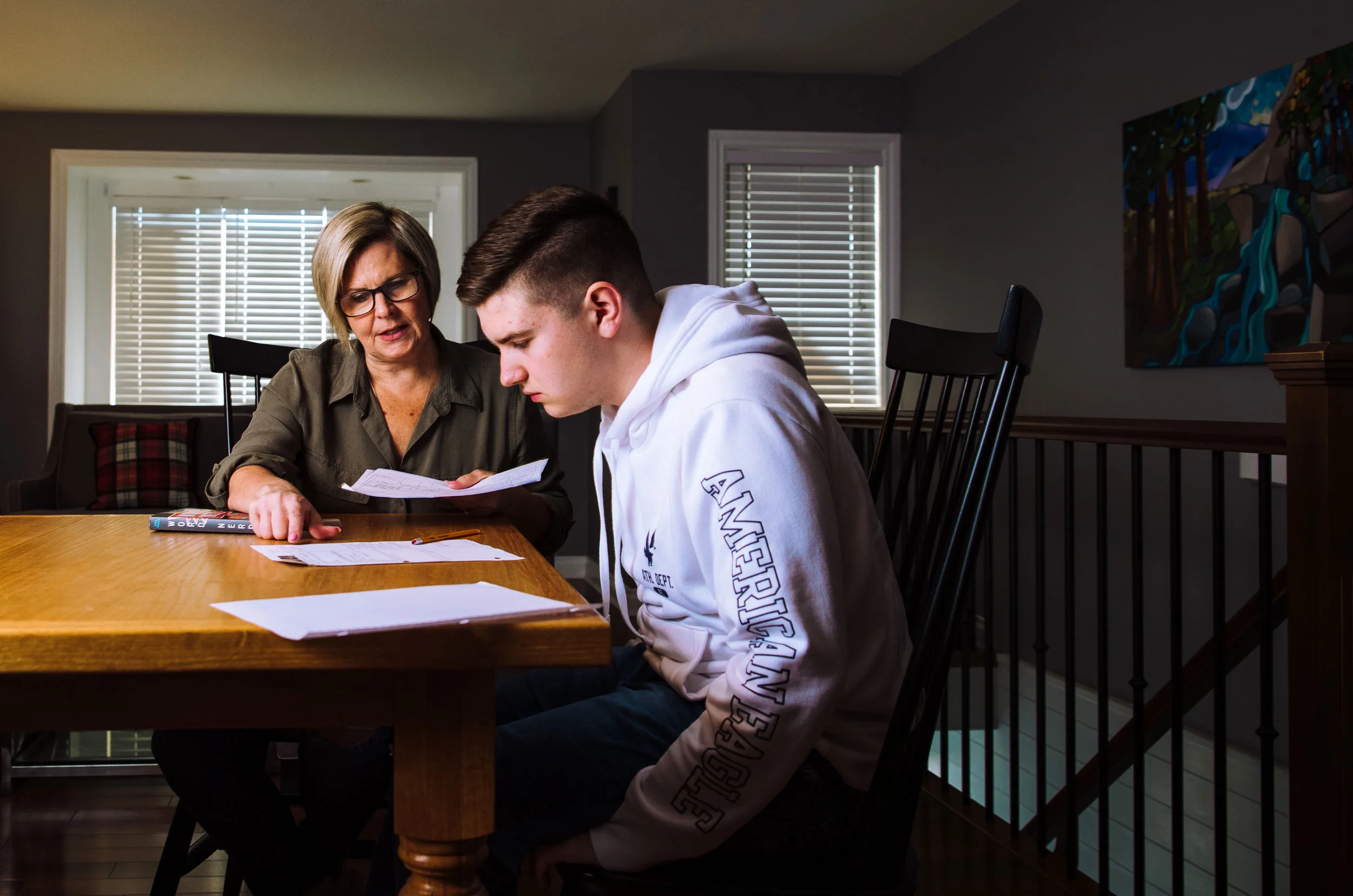Essential Visitors Policy: Hospital Toolkit
Protecting your rights during hospital visits
The updated Essential Visitors Policy allows family members and support people to accompany people with disabilities in hospitals and health care settings during the COVID-19 pandemic. We are thankful that the province updated this policy last month. However, if you’re going to the hospital, you need to be well prepared and have all the documentation ready to ensure your visit goes smoothly.
The Essential Visitors Toolkit is a great way for you and your family to get ready for a hospital visit. The toolkit was prepared by the Family Support Institute, PLAN, BACI, Uniti, Kinsight, Vela, the Self Advocate Leadership Network, and others. So, it is designed to help people with disabilities who live in B.C.
Essential Visitors Tool Kit
It’s a great idea to fill it out today!
Additional Resources
You can help by spreading the word by making sure that your hospital understands the new policy.
- Use the attached “Essential Visits – Template Letter to Hospitals” to ensure local Medical Health Officers and hospitals that serve people with intellectual disabilities in your community know about the new policy and to offer your expertise as a community service agency with implementation, communication and troubleshooting.
Template Letter: Essential Visits – Template Letter to Hospitals
Contacts: Local B.C. Medical Health Officers
Contacts B.C. Hospitals by community
- Share some helpful tips we’ve compiled with the individuals and families you support so they can take proactive steps to avoid problems. See: Inclusion BC: #NotJustAVisitor Policy & Tips
- Read and share Public Health Canada’s new national guide on protecting rights and safety of people with disabilities during #COVID19, developed with input from Minister Carla Qualtrough’s new federal COVID Disability Advisory Committee. See: COVID-19 and people with disabilities in Canada
If further help is needed, individuals and families can contact our advocacy line for support.
- Inclusion BC Advocacy line: toll-free 1-844-488-4321
- Email: advocacy@inclusionbc.org



